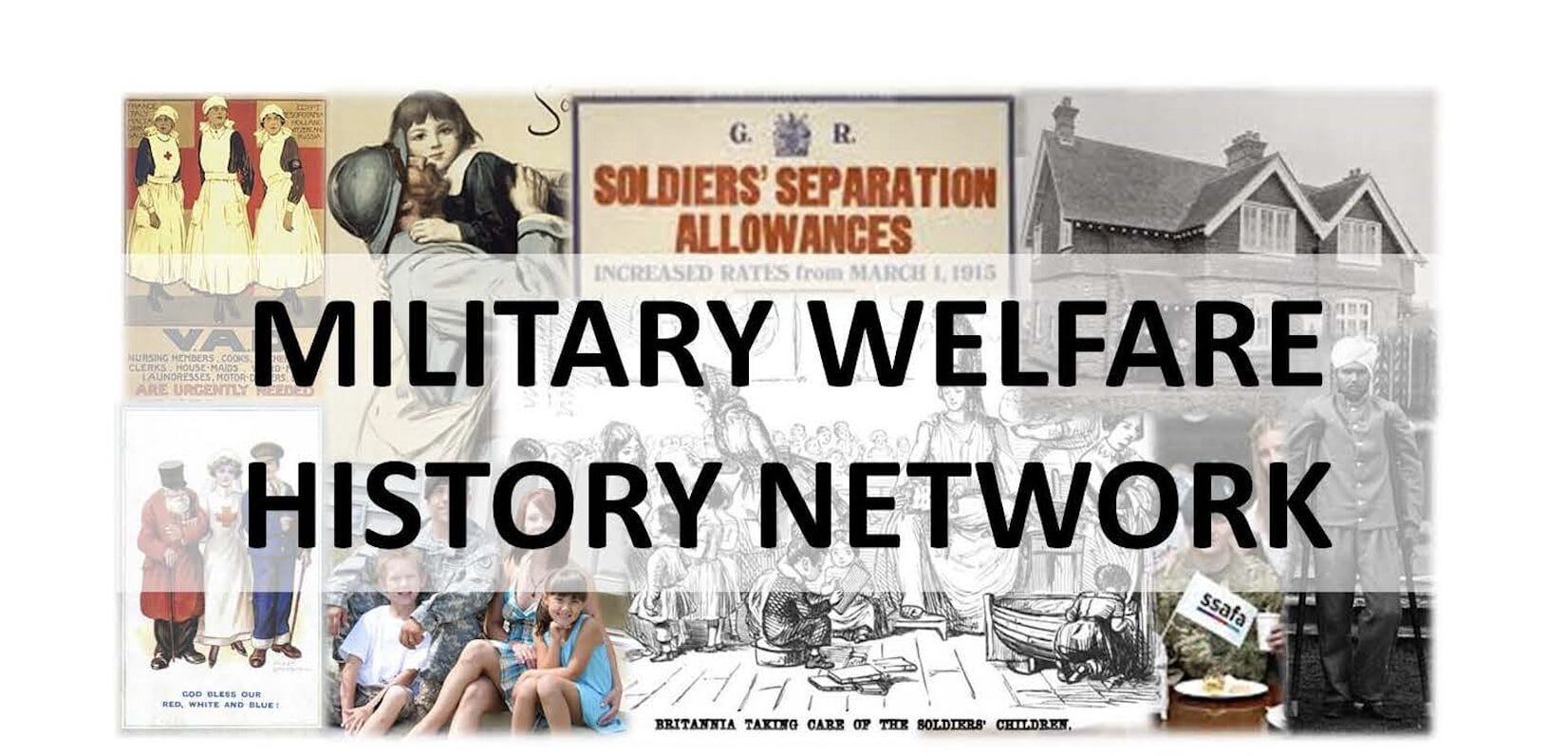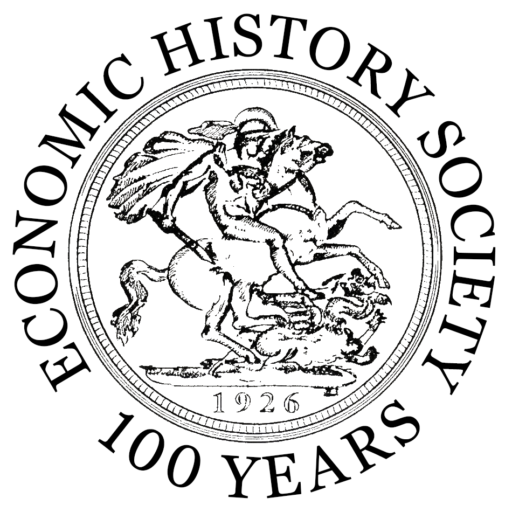Call for Papers: ‘War, Trauma and Emotional Injury’

06/11/2025 - 07/11/2025, All day
Venue: Muirhead Tower, University of Birmingham
Please join the Military Welfare History Network at the University of Birmingham on Thur 6 – Fri 7 November 2025 for the second event in its ‘The Military Communities’ Medical Welfare and Care History conference series. Funded by the Wellcome Trust through the Society for the Social History of Medicine.
Overview
The psychological effects of war have impacted combatants and non-combatants throughout history. Yet, it is only over the past thirty years that the study of historical trauma has received sustained and in-depth scholarly attention. Despite the significant development in this area of research over the past three decades, many underexplored and overlooked areas of study remain outstanding in order to fully comprehend how warfare has damaged human bodies and psyches.
Understanding what service personnel and non-combatants thought and felt in past military contexts is difficult. Individual responses to war and violence are often highly subjective, complex, multifaceted and challenging to define and respond to. To help face this challenge, this conference aims to bring together diverse scholars currently navigating this important research area.
This conference invites scholars to provide insights into personal, collective, national and transnational approaches to war-related trauma and emotional and psychological wounding, relative to any conflict, country or period. Thus, this event is open to social, cultural, political, medical, memorial and emotional studies of these issues to enhance our understanding of this sensitive area.
For example, we would welcome papers and panels that include the following areas:
- Medical and welfare histories of trauma and psychological wounding in clinical settings and segregated institutions
- Papers assessing more ‘hidden’ forms of trauma occurring outside of clinical settings and outside the remit of official medical diagnoses
- A History of Emotions framework assessing the guilt, fear, anxiety, anger, resentment and moral injury which could accompany the experience of war
- Methodological considerations of the benefits and drawbacks of available source material, ranging from state documents to non-written sources such as oral histories, photography, literature, and films
- Papers on war trauma that consider context-dependent and experiential considerations such as age, race, ethnicity, class, and gender
- Research on ‘secondary trauma’, which manifests in descendants of traumatised people, over the long term. This could include, for example, bereavement, displacement and migration
- Papers on the traumatic legacies of war on a national memory, culture and commemoration
- Research considering the agency and proactivity of war victims, which shaped the meaning and diagnosis attached to war trauma.
As we enter what leading trauma scholar Mark Micale labels the ‘second generation’ of research into historical trauma, this conference aims to benefit scholars aiming to reveal and articulate hitherto overlooked, hidden or repressed forms of war-related trauma.
Submission Deadline
We request submissions to militarywelfarehistory@gmail.com by Wednesday 1 October 2025. Individual papers or panels can be submitted. Panels should comprise three papers and submit a panel abstract as well. Abstracts should be no more than 250 words per paper and should be accompanied by a 50-word biography for each presenter.
The conference will be streamed live to registered online attendees. This event is free to attend, but please book your place via militarywelfarehistory@gmail.com, if you are not presenting.
Keynotes
Emeritus Prof Michael Roper (Essex University)
Dr Owen Rees (Birmingham Newman University)
Bursaries
A finite number of travel bursaries are available to PGRs and ECRs whose papers are accepted for this event. Applicants who wish to be considered for a bursary may apply to two streams:
- Members of the Society for the Social History of Medicine (SSHM) may apply directly to that society for a travel bursary, if their paper is accepted. Please contact sshmexecsec@gmail.com for more information.
- Applicants who are not members of the SSHM can express their interest in a ‘Project Bursary’ when submitting their abstract to the symposium organisers. These will be reimbursed after the event following the submission of claim form and receipts.
Conference Team
Dr Michael Robinson (University of Birmingham)
Dr Paul Huddie (MWHN Co-ordinator)

